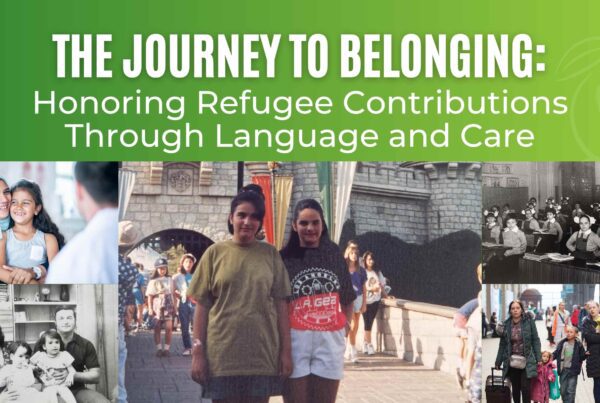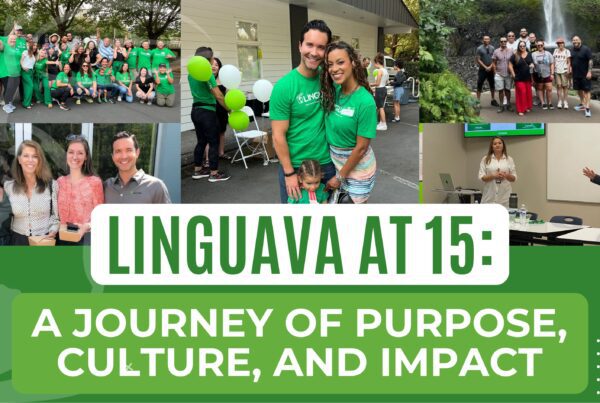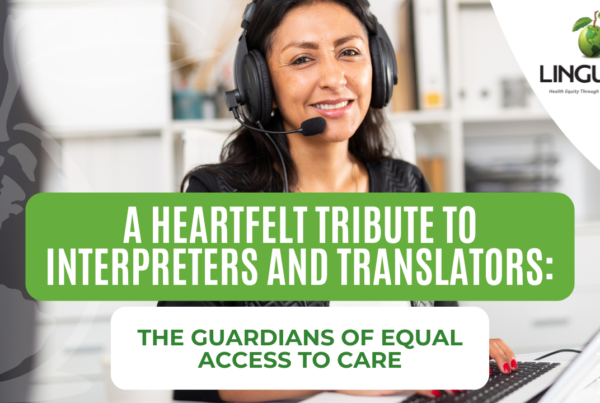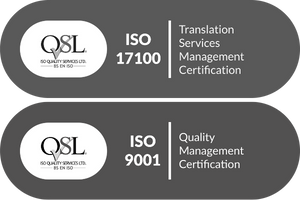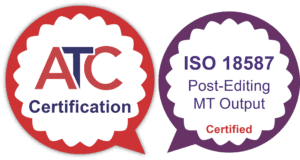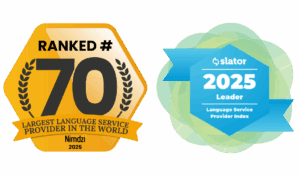Q&A with Medical Interpreter Piyawee Ruenjinda
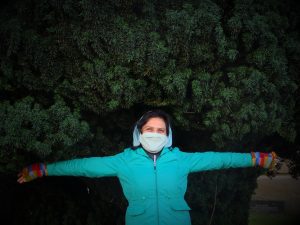
Q: How did you get started as an interpreter?
A: My initial motivations were (1) looking for an employment status change from an employee to an independent contractor, and (2) using my language skills to help English learners.
Q: What has it been like interpreting in the hospital during COVID-19?
A: For several months, hospitals and clinics didn’t schedule non-essential visits which means almost zero work for medical interpreters. I got a couple of assignments for essential procedures such as a Caesarean operation at Providence St. Vincent. I was well taken care of by providers and staffers in terms of personal protection gear.
Q: What are the additional challenges that the patients you serve have faced during COVID-19?
A: It affected the continuity of care even more for these English learners. The health authority (OHA), and local governments have tried to communicate and help residents. With no or limited understanding of reading and listening English, English learners have been vulnerable. Several community-based organizations received grants to reach out and assist this community. However, when there were no infrastructure established during the normal time, how could we expect that it would magically happen and work during crises. It has been frustrating to see how unready the response system is, at several levels. The governments have set up the emergency response team in case of the Cascadia Subduction. I understand that they have activated it since the beginning of the pandemic. I take the COVID-19 as a rehearsal. We can see clearly now devastating it will be should the quake shakes. I reached out to the emergency department as well regarding the preparedness for non-English speakers community. The response has been disappointing.
Q: What challenges do you see in bridging the gap between the client and LEP with Vaccine protocol and information?
A: The OHA and the Governor’s office have been facing lots of challenges with non-LEPs regarding the vaccine protocol and information since the beginning. When there’s no clarity in an official langauge, you can multiply that by at least two for LEPs.
Q: What is the overall understanding regarding the vaccine in the LEP community?
A: For English-learner Thais, they tend to consume info in Thai from Thai media and friends, on social media platforms. Folks know that the vaccines for here (BioNTech/Pfizer and Moderna) are different than what Thai government has ordered for Thai residents (Oxford/AstraZeneca and Sinovac). Things people shared most about vaccines are adverse reactions, which I considered typical for normal emotional-impulse-seeking news consumers.
Q: What are the biggest challenges regarding the vaccine in the refugee community?
A: The cost, and the availability. Especially for uninsured residents. I think, the existing infrastructure for flu shots and COVID-19 rapid testing is sufficient.
Q: What should medical providers and hospitals do differently so that the refugee and LEP community have better understanding?
A: Since we are talking public health, I think healthcare providers should put pressure on the OHA Language Access to be responsible for the communication in languages other than English. Right now, there is no info regarding vaccines on this webpage, https://govstatus.egov.com/OR-OHA-COVID-resources, while there is some mention on this one, https://govstatus.egov.com/OR-OHA-COVID-19. There are two other “officially” websites for COVID-19, https://www.safestrongoregon.org/ and https://coronavirus.oregon.gov/. You can see how confusing and frustrating these could cause folks who intend to find specific info. Again, multiply that by at least two for the refugee and LEP community.
If you are interested in learning more about how Linguava could help your organization with language interpretation or translation services you can connect with us at sales@linguava.com

